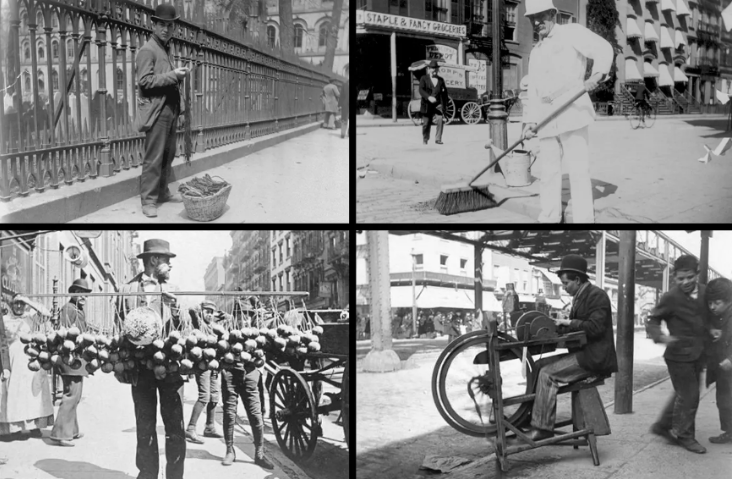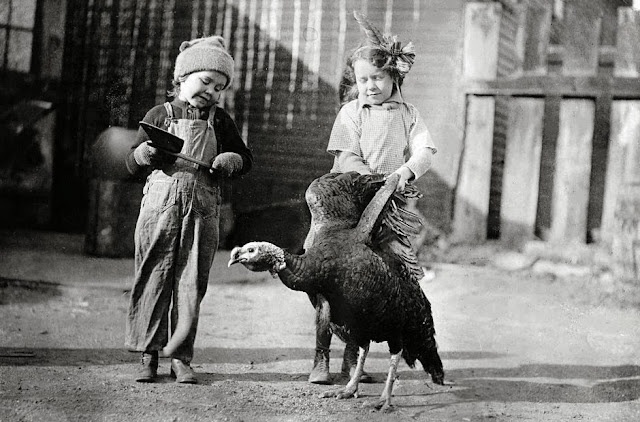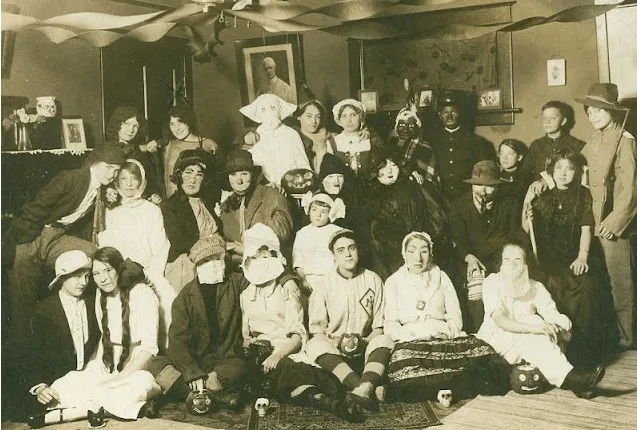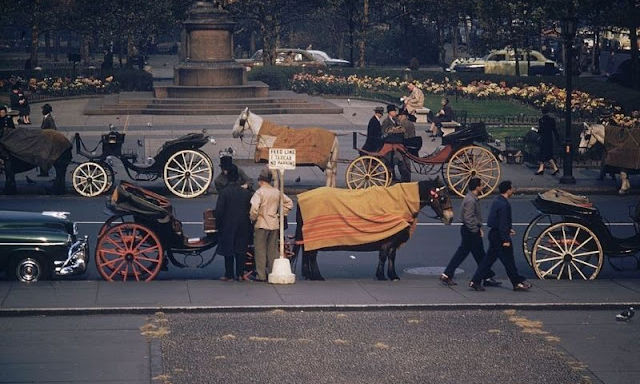Turn of the century, New Bedford was in the midst of momentous change. The whaling industry was declining, the textile industry was now the city’s mainstay, and the city was expanding outward and building upward in the form of triple-decker homes to support an ever-increasing working class population.
 |
| New Bedford in the early 20th century |
Along with the changing landscape, there were vast social and economic changes taking place and new waves of immigrants—not associated with whaling—coming into the city, establishing enclaves, and weaving their languages, cuisines, and cultures into the fabric of New Bedford.
The New Bedford Whaling Museum has a spectacular archive of photographs and glass plate negatives that capture many facets of the whaling industry, the city, and its history. In this exhibit of images from Standard Times collection, explore intimate portraits of individuals living and working in New Bedford during this period.
The pictures invite you on a journey through the neighborhoods and vibrant ethnic enclaves, individuals, wharves, establishments and legendary stories that marked New Bedford in the early 20th century and provide a personal glimpse of individuals and communities that made New Bedford what it is today.
 |
| Man and woman standing at the entrance to their house, built out of the hull of a ship; an ark, circa 1900 |
 |
| Looking west on Elm Street, 1901 |
 |
| “Portuguese Navy Yard”, 1905 |
 |
| Mrs. Mann gets evicted, 1905 |
 |
| Penikese Island leper cottages, 1905 |
 |
| Purchase Street. Tom Thompson's marble shop, New Bedford Monumental Works, Spring and Fourth Street, 1905 |
 |
| Front Street corner of Logan Street, Polish settlement, 1906 |
 |
| “Here in New Bedford” Turner’s Court south side looking east from Acushnet Avenue, 1907 |
 |
| “New Bedford as a fishing port”, 1907 |
 |
| “The Newest Little Italy” – Italians in the North End, grade crossing workers, 1907 |
 |
| “The Newest Little Italy” – Italians in the North End, grade crossing workers, 1907 |
 |
| Acushnet Avenue, looking south from Campbell, 1907 |
 |
| Market Street, south side looking east from 6th Street. Clark's Fish Market, Hing Whang Chinese Laundry, 1907 |
 |
| Men posed around sailboat. Lucas & Kent Boat Shop in the background, 1907 |
 |
| Young boys in foreground posing for camera at Willis Point. Railroad in background, 1907 |
 |
| St. John the Baptist, burned, 1908 |
 |
| New Bedford-Fairhaven Bridge being repaired. Work men with bridge torn up, 1912 |
 |
| Roger Fay’s beer truck, 1912 |
 |
| Memorial Day. Captain J.F. Howell, Fort Rodman, 1913 |
 |
| “Barge Captain Murders and Mutilates” – barge Snipe with three boys in the foreground, 1914 |
 |
| “Greeks Observe Christmas Tomorrow in Accordance With Julian Calendar Adopted AD 321” - Greek church at Oxford, 1914 |
 |
| Portrait of Alden H. Manter, old whaleman, 1914 |
 |
| Portrait of Rebecca Margolis and Alice Pierce, suffragettes, 1915 |
 |
| Three girls with handkerchief at Buttonwood Park, playground outing, 1915 |
 |
| Three sail makers seated at work at Briggs & Beckmans’ Sail Loft, 1915 |
 |
| Man balancing boxes of cranberries on his head with two other men looking on, 1916 |
 |
| “Tomorrow Marks 42nd Anniversary of the So Called Chapman's Monkey Fire”, 1918 |
 |
| Coopers at work on oil barrels “flagging” a cask |
 |
| Edward R. Cole, last of the shipsmiths, maker of whalecraft, at the old forge in Fairhaven |
 |
| Two young boys with a goat near the waterfront |



